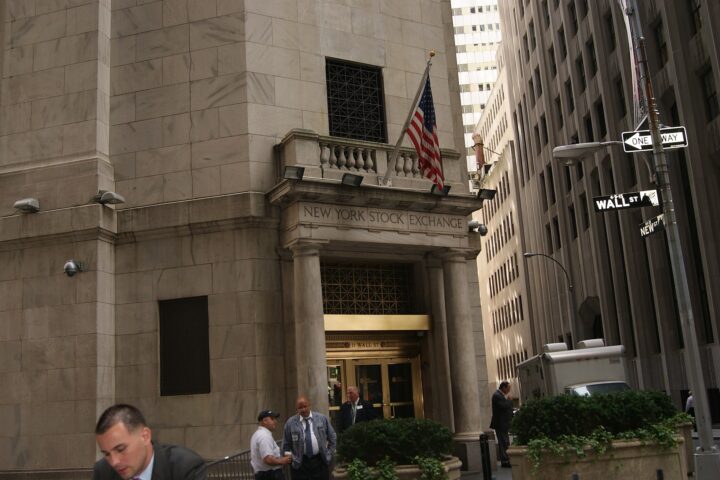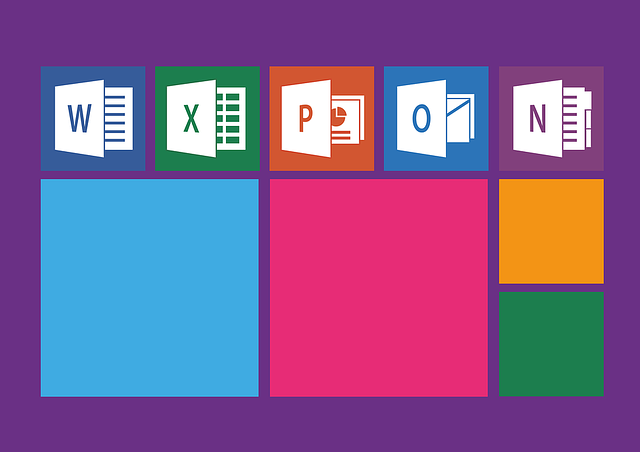The first Bitcoin ETFs started to be traded on the exchange. Over $4 billion dollars were traded in these funds, showing that cryptocurrency has a place in the equities market.
Exchange Traded Funds are similar to index and mutual funds. Rather than changing value once per day, this selection of goods changes throughout trading hours. Bloomberg reports:
The first US ETFs that directly hold Bitcoin got off to a strong start, with billions of dollars changing hands in a historical first day of trading for the long-sought investment vehicles.
Over $4.6 billion worth of shares traded between the almost a dozen US spot Bitcoin exchange-traded funds on Thursday. The Grayscale Bitcoin Trust, which converted into an ETF, saw about $2.3 billion in volume, according to data compiled by Bloomberg. Meantime, BlackRock’s iShares Bitcoin Trust—IBIT— saw over $1 billion change hands.
Crypto ETFs allow customers to invest in cryptocurrency without having to actively manage wallets. Because crypto is so volatile, its use as a “currency” is fairly limited compared to speculation. CNBC says:
The fees for bitcoin funds are higher than many broad stock index funds, with the SPDR S&P 500 ETF Trust (SPY) charging less than 0.10%. But the pricing is in line with or even below the biggest commodity funds, as SPDR Gold Shares (GLD) and the United States Oil Fund (USO) charge 0.40% and 0.60%, respectively.
Fund managers make money by charging fees on the assets under management. ETF fees have been trending lower over time, and some asset managers have shown a willingness to run a new fund at a loss in order to attract more assets and maximize revenue long term. The fees are taken out of a fund’s asset pool, and investors are not billed individually.
Similar to gold and other commodities, these ETFs have higher fees and greater fluctuation. The traditional rules of diversification means that investors should not put all their savings in one asset class, and crypto ETFs can be part of a larger investment strategy.
READ NEXT: What to Know About the Boeing Alaska Fiasco








